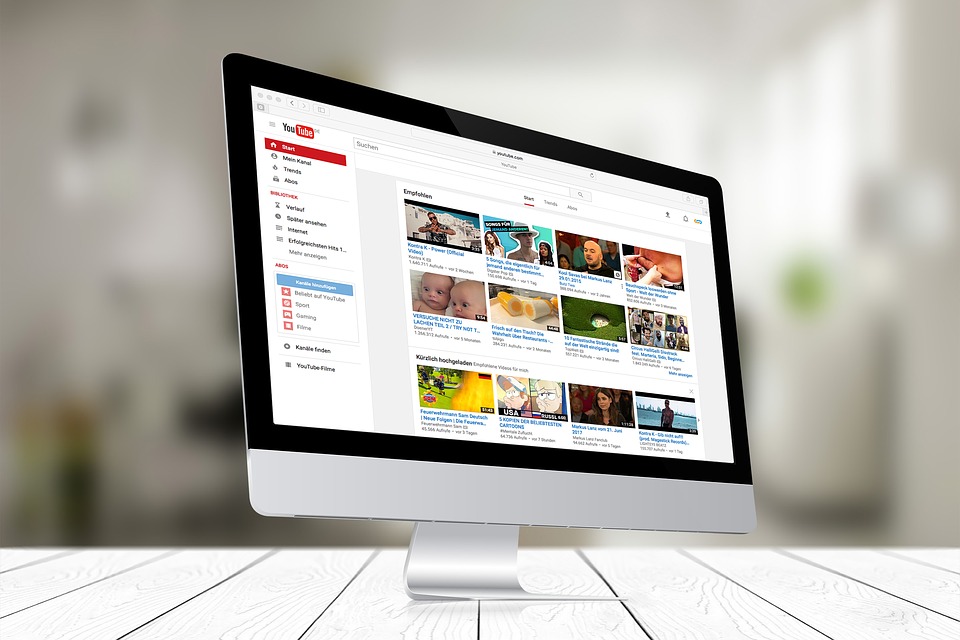In April of 2018, net neutrality is slated to end. Most internet users are completely oblivious to the fact that the US government unilaterally voted to protect anonymity and universal access to the web, and major telecom companies are already moving to control their customers’ internet usage. Imagine not being able to get onto the internet for hours because of outages and bandwidth throttling. Downloading large data files might cost you a lot of money in the future and even the future of streaming television services is unclear. Even students attending colleges like Norwich University Online may need to be more selective about what classes they take and when they log-on to the web. There are workarounds, as well as companies vowing to keep the internet free and affordable for all, but information assurance just got way more complicated.
The Internet Is No Longer Free to Use
With internet service providers having the ability to charge customers whatever they want, you might not have a choice about which websites you can visit. YouTube, for example, might actually cost you more money than going to a movie. There are likely to be angry internet users who also make the internet less safe, turning the internet into a modern version of the Wild, Wild West. No matter what data plan or subscription service you had before the end of net neutrality, you’ll be at the mercy of ISPs.
Limitations for Low-Income Web Users
It can already be hard for low-income internet users to have unrestricted access to the internet. If you are attending Norwich University, you can use the computer lab or even get web access with your digital device. Other low-income earners might have to go to the library, where their time on the web is going to be measured, monitored, and restricted. Without the internet being free for all to use, poor people won’t have as many opportunities.
Data Will Be a Luxury
If you receive an email that comes with an attachment and you’re sure that the contents are safe to open, you’re going to open it immediately. At present, internet users can download content, play games online, and watch streaming T.V. without thinking about how much data is being transferred. That computer game that takes up 100 megabytes of space doesn’t seem like a big deal when it takes less than a minute to download and extract. The end of net neutrality might have you conserving data, thinking about every minute that you spend on the internet. Major companies will soon have the freedom to change internet users based on data usage instead of flat rate packages.
Most people aren’t just going to stop using the web even if it is not the wide, open space it is now. You can still get online, but your consumption of data might be severely hindered. Remember, net neutrality only seems to be an issue in the United States, so VPNs are expected to get much more popular by the end of April.

Leave a Reply